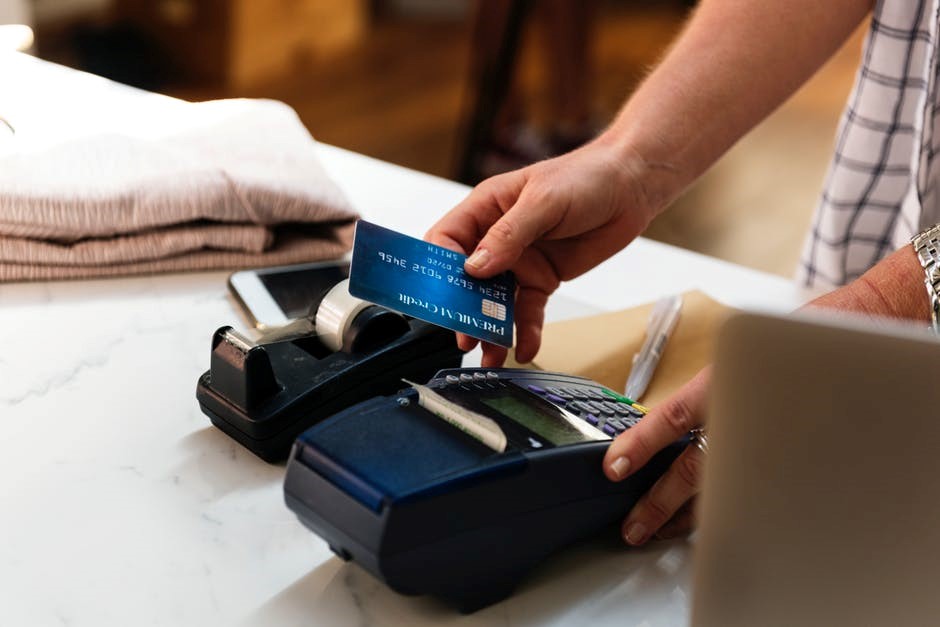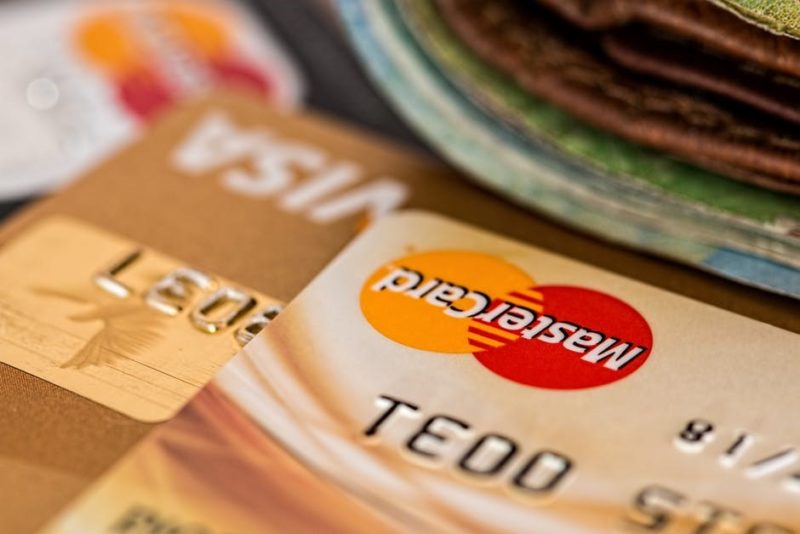The Federal Bureau Of Investigation categorizes unauthorized use of someone’s credit/debit card or any other medium of payment to make purchases or obtain money as credit card fraud. In 2017, 100,000 complaints were lodged for credit card frauds, according to Federal Trade Commission. FTC has declared this the most common crime of identity theft.
When all US states were evaluated for the frequency of such frauds, South Carolina fell under medium to high risk areas in the country. In fact according to state-level crime statistics, SC is ranked 9th in the list of states with highest records of credit card fraud.
There has also been a high correlation between high-income states with cases of identity theft. This means there were actually more cases of unauthorized credit card usage in regions where median household income was greater.
Motives for such fraud cases can differ from obtaining cash to buying goods for free. These statistics make it important to know about common cases of identity theft using credit cards.
How Serious a Crime Is Credit Card Theft and Fraud?
Below are a few common cases of credit card fraud.
Application Fraud
This kind of fraud mostly happens along with identity theft. It occurs when someone attempts to obtain a credit card in your name. How this benefits them is very clear: they can enjoy all the money without worrying about paying off the liabilities.
They begin with getting hold of important documents that help verify their application seemingly as an authorized user. Once they’re past this stage, there are fewer chances of obtaining a credit card fraudulently. However, banks have security measures to catch such offenders during identity verification. One such measure is to demand original certificates. Offenders usually forge documents and provide inauthentic contact information to minimize the risk of getting caught. But certain loopholes make it possible for them to get through.
Manual Credit Card Imprints
Another way of replicating someone’s credit card information on a fake card is to skim the magnetic strip and encode a different one. Such fraudulent cases of credit card imprints are also quite common because you can easily sidestep the entire process of filing for a new card.
Card Not Present (CNP) Fraud
If you accidentally or intentionally share your card’s expiry date or account number with an unauthorized user, they can use it for CNP fraud. This makes using someone’s credit card for online purchases fairly easy because you don’t need to possess the card physically for it to work. Many retailers demand a card verification code which has reduced cases of CNP fraud.
Although it’s not impossible to get hold of the card verification code if they already have your account number. Since there are only 999 permutations possible, fraudsters can try their luck with trial and error. Beware of small transactions on your card because someone might be trying to get away with insignificant transactions.
Lost/Stolen Card Fraud

This is also one of the most common cases of credit card fraud. In case of theft or misplacement, your card can be in the possession of an unauthorized user who can simply swipe it for anything. However this is sometimes difficult to manage if a PIN number is required to make a transaction happen. But it’s best to report it to the bank in case you lose your card.
Looking for free credit consultation?
Credit experts at Masters Credit Consultants can provide customized solutions to clients for speedy results. They’re a veteran-owned company of consultants which is making investments and business initiatives easier for military veterans through their services. If you need their credit help services in Duncan, SC, sign up here.






Leave A Comment